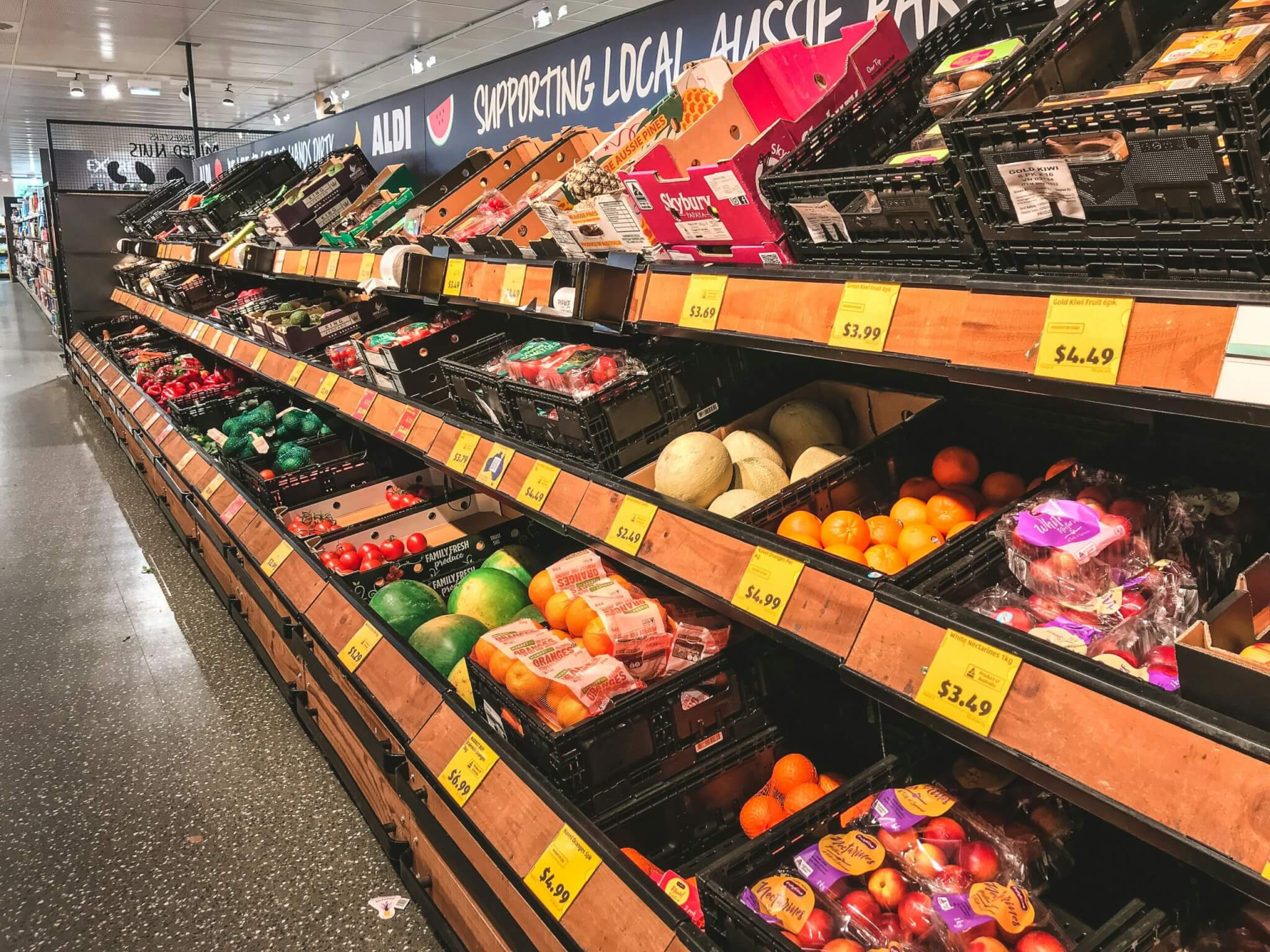When I planted my first leeks 30 years ago, my faith in organic farming was fragile; as the fungal disease ‘rust’ hit the crop I had tended all summer, I was tempted by promises of salvation whispered in my ear by agrochemical salesmen. I resisted, temperatures dropped, the disease was halted and my leeks recovered; I had passed my first organic test, and faith, experience and commitment grew. Since then, by planting disease-resistant varieties, more widely spaced, we have learned to manage rust without chemicals. It’s similar with slugs; pre organic certification, I used slug pellets on the field margins. They didn’t seem to work and within three years, without pesticides, our soils had become so alive with slug predators like nematodes and carabid beetles that we had far fewer slug holes in our potatoes than our pellet-wielding neighbours.
Eight years on in 1995 we planted peppers, aubergine and tomatoes in our new polytunnels, only to soon find them devastated by red spider mite and aphids. Conventional advice was to fumigate with some of the most toxic and persistent pesticides around; we didn’t, and learned how to manage pests by introducing predatory insects and striving for an ecological balance. 20 years later almost all those pesticides (assured safe at the time) are banned or have become useless as pests have developed resistance, to the extent that most non-organic greenhouse growers now manage their pests ecologically with predators and parasites.
Farming without pesticides is not easy and I don’t claim we have solutions to all pests but in 30 years, with scant resource, we are halfway there. Imagine what could be achieved if a fraction of the investment in agrochemicals and GM seeds had gone into developing and spreading the knowledge needed to farm without them. I dream of that world, of intelligent farming in balance with nature, and I know it is possible; this is why Riverford is campaigning for a pesticide free agriculture led by knowledge and sustainable practice rather than the commercial needs of the agrochemical giants.
Guy Watson










0 Comments